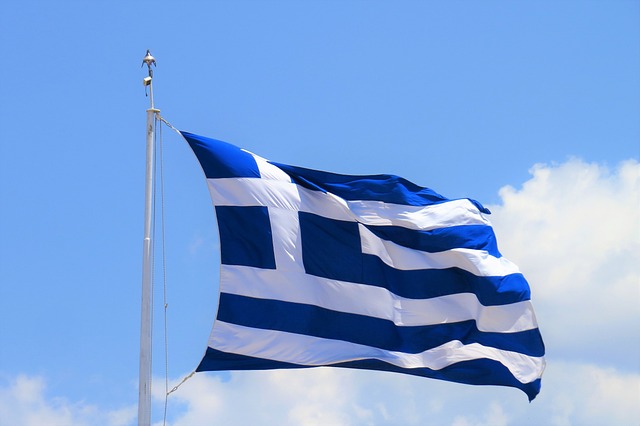Uncovering the Rich History of Kalamata, Messinia, Greece
Kalamata is a historic city located in the region of Messinia in the southern Peloponnese peninsula of Greece. The city has a rich and fascinating history that spans over thousands of years and is filled with tales of conquest, cultural exchange, and artistic expression.
The earliest recorded history of Kalamata dates back to the Mycenaean era, around 1600 BCE. During this time, the region was ruled by powerful kings who built fortified palaces and developed a sophisticated society. Evidence of this era can be found in the archaeological sites of Pylos and Mycenae, which are located near Kalamata.
In the following centuries, Kalamata was occupied by various civilizations, including the Spartans, the Macedonians, and the Romans. The city played a significant role in the Peloponnesian War (431-404 BCE), where it served as a Spartan naval base and a major port. During this period, the city was also known for its olive oil production, which became a major export to other parts of Greece and beyond.
In the Byzantine era, Kalamata became an important center of trade and commerce, thanks to its strategic location on the Gulf of Messinia. The city was also known for its architectural masterpieces, such as the Church of the Holy Apostles and the Monastery of Velanidia, both of which date back to the 10th century.
The city was later occupied by the Franks, the Venetians, and the Ottomans, each leaving their mark on Kalamata's culture and history. In the 13th century, the Venetians built the Kalamata Castle, a fortified fortress that still stands today and offers stunning views of the city and the sea.
During the Greek War of Independence in 1821, Kalamata played a pivotal role in the fight against the Ottoman Empire. The city was the site of a major battle between the Greek rebels and the Ottoman army, which resulted in the liberation of the city and the surrounding region. The victory was celebrated as a turning point in the war, and Kalamata became a symbol of Greek resistance and nationalism.
After gaining independence, Kalamata underwent significant development, with the construction of new buildings, roads, and infrastructure. The city also became a center of the arts, with many writers, poets, and artists making it their home.
Today, Kalamata is a thriving city that blends its rich history with modern amenities and attractions. Visitors can explore the city's many historic sites, such as the ancient Messene, the Kalamata Castle, and the Benakeion Archaeological Museum. The city also boasts beautiful beaches, natural parks, and delicious cuisine, making it a popular destination for tourists from around the world.
In conclusion, Kalamata's history is a testament to the city's resilience and endurance throughout the ages. From its Mycenaean roots to its pivotal role in the Greek War of Independence, Kalamata has survived conquest, occupation, and war to become a vibrant and thriving city that honors its past while embracing the future. A visit to Kalamata is an excellent way to experience the region's rich history and culture while enjoying the city's many modern amenities and attractions.

